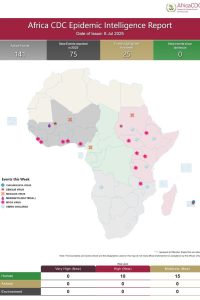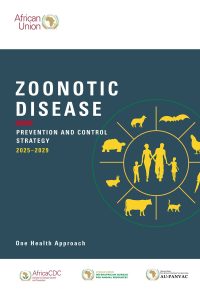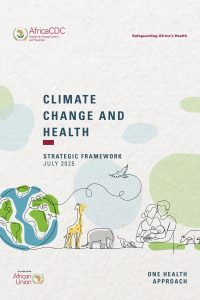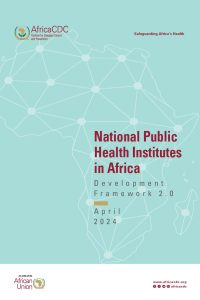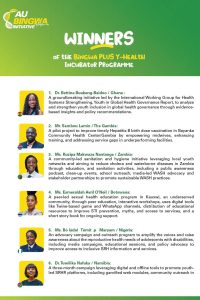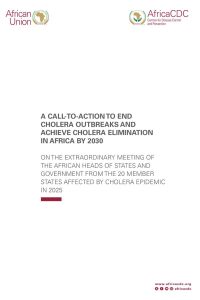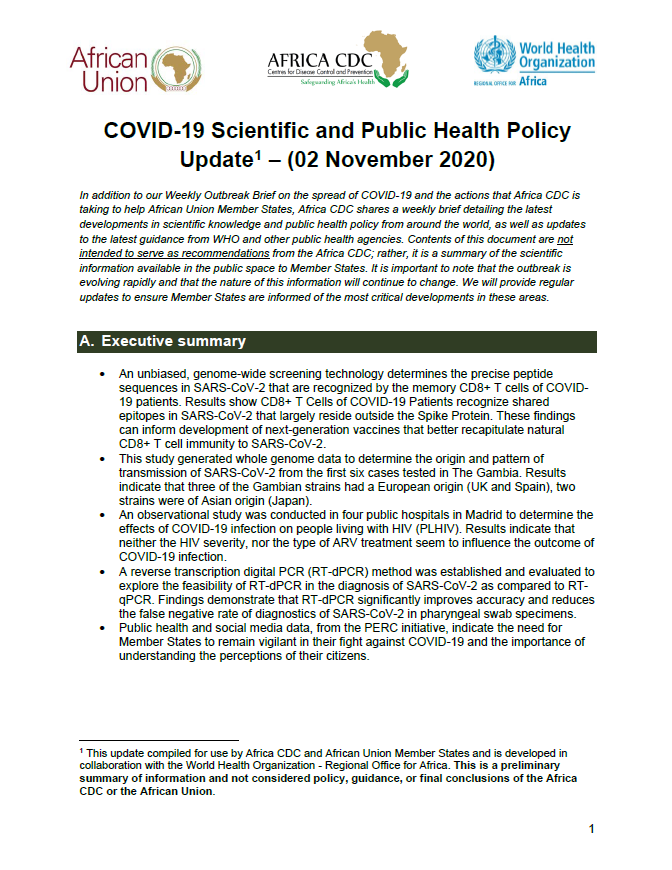
- Version
- Download 1352
- File Size 564.32 KB
- File Count 1
- Create Date 2 November 2020
- Last Updated 4 November 2020
COVID-19 Scientific and Public Health Policy Update – (02 November 2020)
In addition to our Weekly Outbreak Brief on the spread of COVID-19 and the actions that Africa CDC is taking to help African Union Member States, Africa CDC shares a weekly brief detailing the latest developments in scientific knowledge and public health policy from around the world, as well as updates to the latest guidance from WHO and other public health agencies. Contents of this document are not intended to serve as recommendations from the Africa CDC; rather, it is a summary of the scientific information available in the public space to Member States. It is important to note that the outbreak is evolving rapidly and that the nature of this information will continue to change. We will provide regular updates to ensure Member States are informed of the most critical developments in these areas.
A. Executive summary
• An unbiased, genome-wide screening technology determines the precise peptide sequences in SARS-CoV-2 that are recognized by the memory CD8+ T cells of COVID-19 patients. Results show CD8+ T Cells of COVID-19 Patients recognize shared epitopes in SARS-CoV-2 that largely reside outside the Spike Protein. These findings can inform development of next-generation vaccines that better recapitulate natural CD8+ T cell immunity to SARS-CoV-2.
• This study generated whole genome data to determine the origin and pattern of transmission of SARS-CoV-2 from the first six cases tested in The Gambia. Results indicate that three of the Gambian strains had a European origin (UK and Spain), two strains were of Asian origin (Japan).
• An observational study was conducted in four public hospitals in Madrid to determine the effects of COVID-19 infection on people living with HIV (PLHIV). Results indicate that neither the HIV severity, nor the type of ARV treatment seem to influence the outcome of COVID-19 infection.
• A reverse transcription digital PCR (RT-dPCR) method was established and evaluated to explore the feasibility of RT-dPCR in the diagnosis of SARS-CoV-2 as compared to RT-qPCR. Findings demonstrate that RT-dPCR significantly improves accuracy and reduces the false negative rate of diagnostics of SARS-CoV-2 in pharyngeal swab specimens.
• Public health and social media data, from the PERC initiative, indicate the need for Member States to remain vigilant in their fight against COVID-19 and the importance of understanding the perceptions of their citizens.
Attached Files
| File | Action |
|---|---|
| COVID-19 Scientific and Public Health Policy Update - 03112020 | Download |

